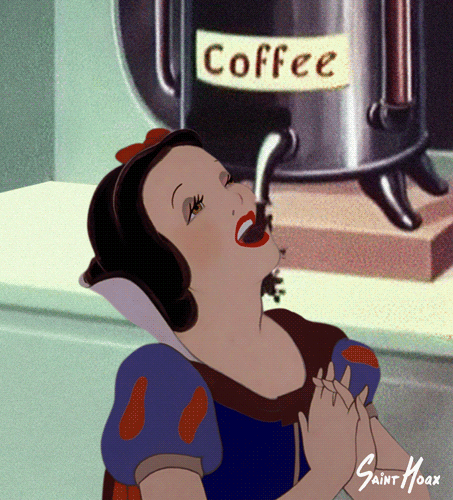I know, I know. I love a good latte just as much as the next person. Especially as a college student, coffee begins to feel like a necessity. However, as much as it hurts me to admit it, a decrease in my daily coffee consumption could be beneficial for my health and happiness in many different ways.
One reason that coffee can be harmful is the fact that the caffeine in coffee increases catecholamines, also known as your stress hormones. These stress hormones can lead you to feel shaky, anxious, or even paranoid. While it might feel like coffee calms you down, it is probably just because it is a warm beverage. Hot tea or hot cocoa can be good alternatives if you are still looking for that warm and fuzzy feeling that coffee brings, without the added stress.
Another reason to try to consume less coffee is that addiction is often an issue with coffee drinkers. This makes it very difficult to rely on the body's natural source of energy. If you become dependent on that morning cup of joe, chances are, the next time you skip out on your morning shot of caffeine, you will be unable to have the same amount of energy that you had before you started drinking coffee.
Not every reason is obvious for the eye to see. It is scientifically proven that 5-HIA, an organic acid and component of the neurotransmitter serotonin (the happy chemical) seen in the urine tends to be elevated in coffee drinkers, which means they may be at risk for lower levels of serotonin synthesis in the brain. This lack of serotonin in the brain can lead to increased anxiety levels, less sleep, disrupted bowel movements, and lower energy levels.
Lastly, coffee can lead to an elevated urinary excretion of important minerals such as magnesium, calcium, and potassium. This can lead the body to be more dehydrated, as well as have fewer electrolytes. A lack of electrolytes can cause muscle weakness, spasms, cramps, paralysis, and respiratory problems.
Don't worry though, it is not all doom and gloom. Most of these effects are only relevant if coffee is consumed in excess. For example, The American Journal of Clinical Nutrition concluded in March that six eight-ounce cups or more per day can increase the risk of cardiovascular disease by 22%. But, that can be seen as an absurd amount of coffee for some people. For others, a regular amount of coffee is not nearly as harmful. Even federal dietary guidelines suggest three to five eight-ounce cups of coffee per day (providing up to 400 milligrams of caffeine) can be a part of a healthy diet.
As unfortunate as it may be, getting into the habit of consuming a daily excessive amount of coffee can be detrimental to your health and mood. But, if you stick to the healthy amount of daily coffee consumption, you can still enjoy your favorite cappuccino or espresso without guilt!






















